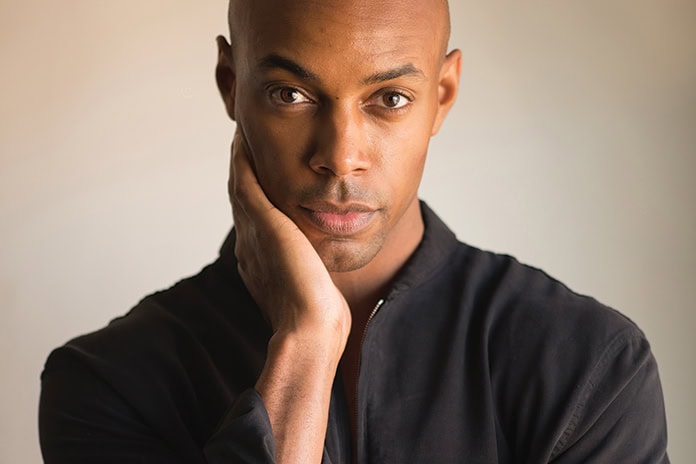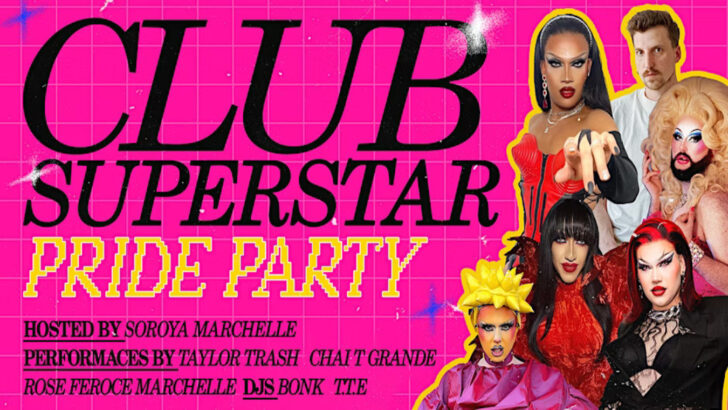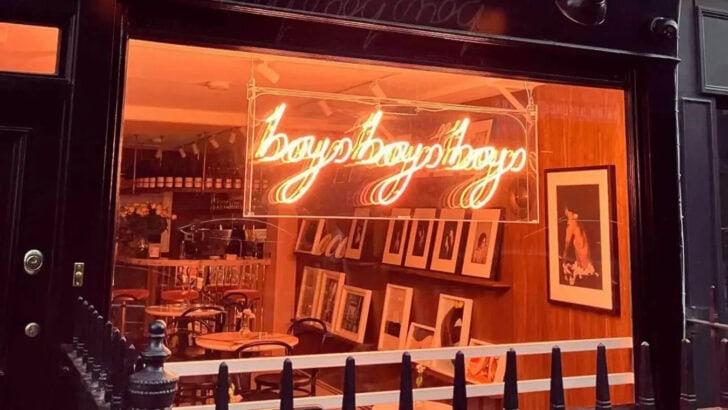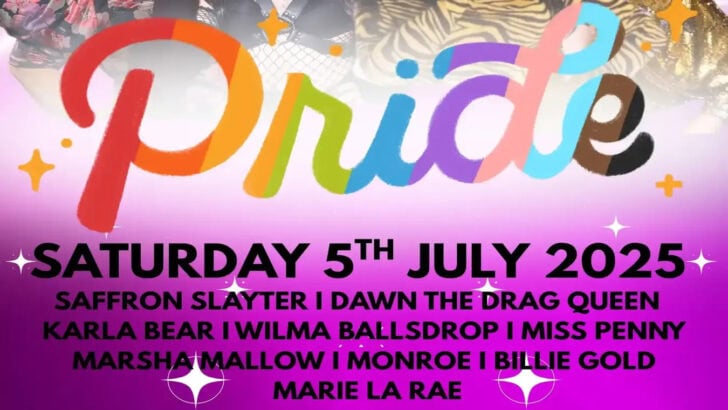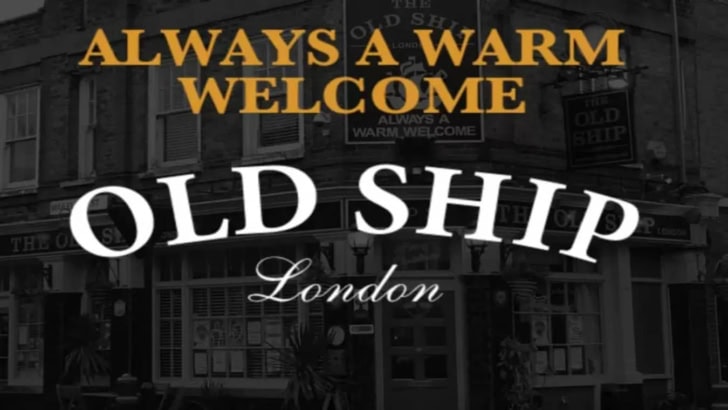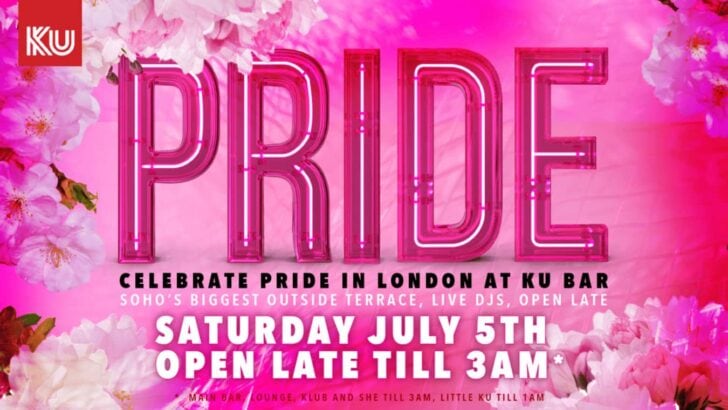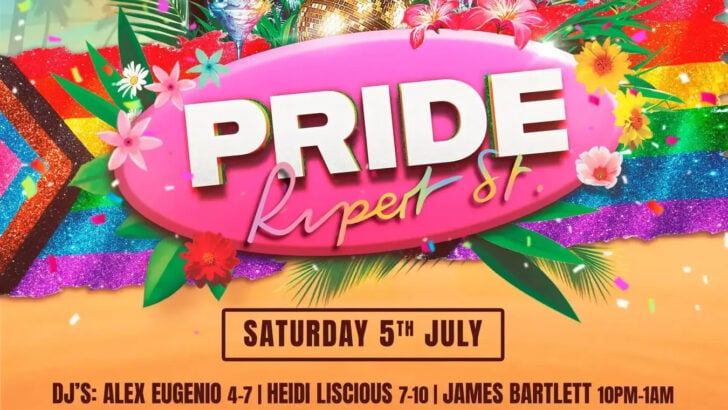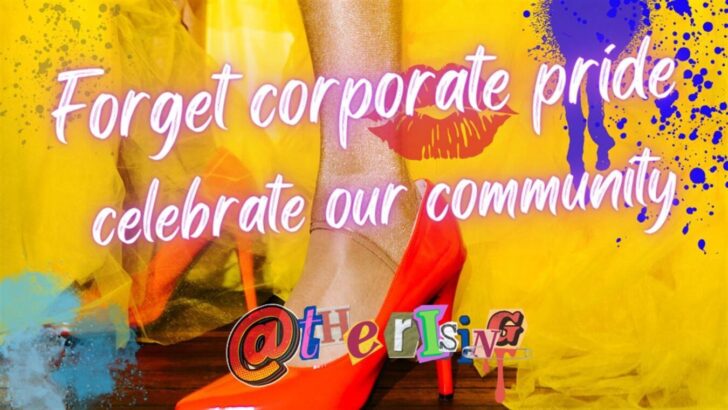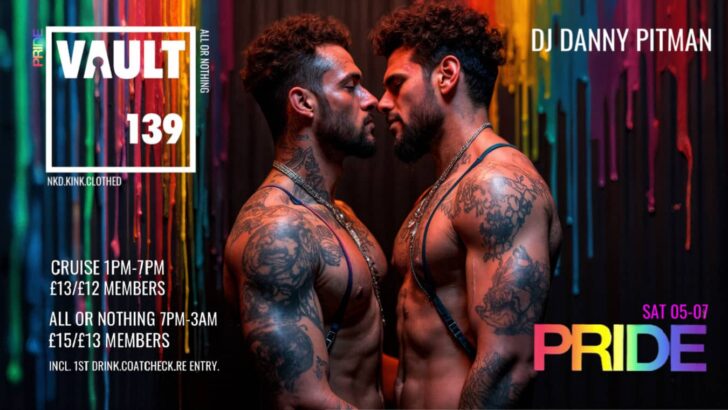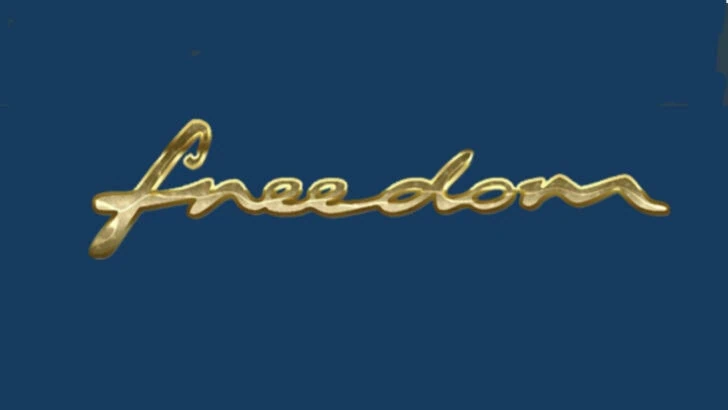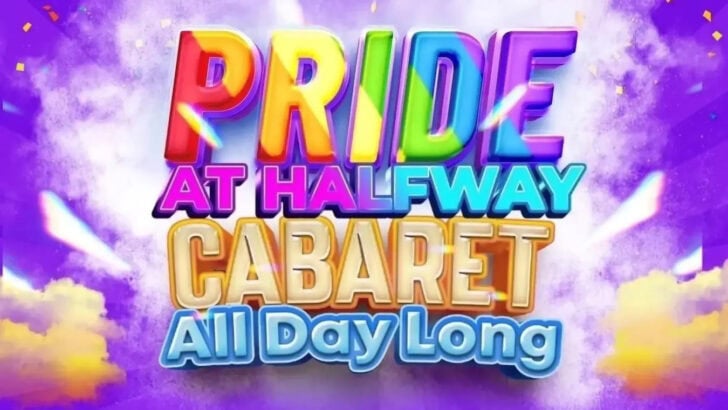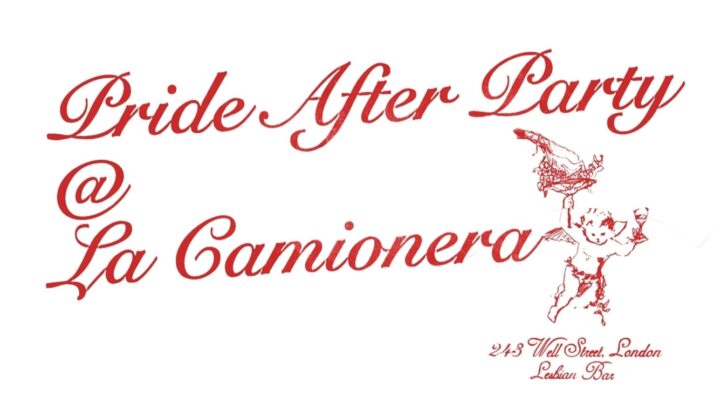As we slide headfirst into 2019 on a slick of oily political chaos, the world needs people like Casey Gerald. His life’s been kaleidoscopic and chaotic – growing up an underprivileged black gay kid in Texas, he went on to get an Ivy League Scholarship, ended up working on Wall Street, then packed it all in, in a contemptuous rejection of America and what it stands for.
His book There Will Be No Miracles Here has sent growling, broiling waves through the literary world on both sides of the pond. Because it’s more than just a book, it’s a statement. Part memoir, part manifesto, it subverts the idealism of the American dream, demanding us all to scrap the sap and address the madness.
We spoke to him about his book, his politics, and issues affecting queer men today.
You’re quite scathing of the concept of the American Dream. Tell us a bit more about your thoughts on that.
I’ve lived America from the very bottom to the very top and I wanted to report back, as objectively as possible, to show that the American Dream is a fantasy. It distracts us from the American Machine—the conveyor belt that leads most young people, especially from neighborhoods like mine, from nothing to nowhere, while picking off the chosen few, like me. As the (in)famous drag queen Dorian Corey (I think it was her) said: “That’s not a read. That’s a fact.”
What about your personal experience of it?
Even for those who “make it” there is a price. I had achieved, by my late 20s, about everything a kid is supposed to, but I was cracked up by the process. Many of my friends were, too. So, I set out to trace those cracks with words, in this book. Before I finished, one of my closest friends from Yale, who’d made a similar Horatio Alger journey, took his own life. He came to me in a dream a few months later and told me: “You know, we did a lot of things we wouldn’t advise anybody we loved to do.” I knew what he meant. If you catch it from the right angle, a kid picking himself up by his bootstraps can look like a suicide. This book is not just a memoir, it’s an intervention.
Obviously politics is a mess at the moment, in both our countries. Where do you think things are headed?
The world that my generation inherited is over. It’s dying and it needs to die. The promises my generation was given have been broken. The institutions have been compromised. The way we were taught to live doesn’t work. And so, I think we are in the early days of a sort of beautiful and dangerous revolution that is starting on the inside. Not to make America great again, but to make our lives and our country free and whole, for the first time. At least, I hope that’s where we’re headed.
What’s the thing about modern life you hate the most?
I don’t hate anything about life, and don’t remember anything about pre-modern life to vouch for it.
And love the most?
The internet.
Tell us about your experiences as a gay black guy in the US at the moment.
I would have been heartbroken if I’d been born white. Though it took me a while to feel the same way about being gay, I do now. So, my experience as a gay black man in the US, for all the shit that comes along with it, is, in my mind, “the best of all possible worlds.” In my book, tried to bring worthy language to the beauty and challenge of loving another boy, rather than write a dissertation about being some oppressed, marginalized person.
How were things growing up?
Tragic enough for me to write half a book about, ha. My mother suffered from mental illness and disappeared when I was thirteen. My father struggled with drug addiction. But they both were beautiful, complicated people. And though I was poor, and a damn-near orphan, my childhood was magical, which I try to capture in my work.
There’s a lot of people who think that, for cis gay men at least, the battle is won. What would you say to that?
As far as I can tell, we still live in a world that hates faggots and teaches us to hate ourselves. I say often: either all of us have to be faggots, or none of us can be faggots, for any of us to be free. You can have a husband and an army uniform, and still have your mind in chains. I’ve no interest in that kind of victory.
Now for some more superficial stuff…how’s the love life?
Well, I’ve moved halfway across the country to Los Angeles, to be close to a boy I’ve loved since I was a teenager, so my love life is either pathetic or romantic, depending on how you look at it. As of today, it’s complicated, either way.
There’s a lot of dialogue at the moment over whether gay dating apps are bad for us – what do you think?
You ever heard the saying, “Sometimes it’s not the remote, it’s the controller”? That’s what I think about this gay dating app debate. I’m all for apps, and any other way folks want to connect. But I grew up on the early internet (late 90s early 2000s), so maybe I’m too biased—Grindr isn’t as fun as the AOL Chat Rooms, but what is?
What do you make of Tumblr’s recent ban on adult content?
We live in a world where some powerful people are more disturbed by a dick or some tits than by a Neo-Nazi. Sad.
What things do you value the most?
Silence. Art. God’s grace. Beauty.
Who is your favourite person (living or dead) and why?
Jesus of Nazareth. Wasn’t it Oscar Wilde who said Jesus was basically a queer artist? Something like that.
What do you think has been the most significant pop culture moment of the last decade?
Frank Ocean’s Channel Orange release.
What do you do to relax?
Meditate, nap, & sit in hot showers
AND FINALLY, something we ask everyone…what’s your favourite hangover meal?
Tears.
There Will Be No Miracles Here is published 10th January by Tuskar Rock
in hardback and eBook £16.99. Available from all good bookstores and online. Follow Casey on Twitter @CaseyGerald
